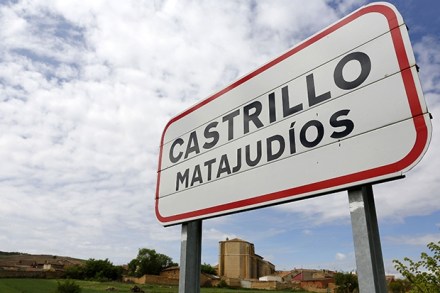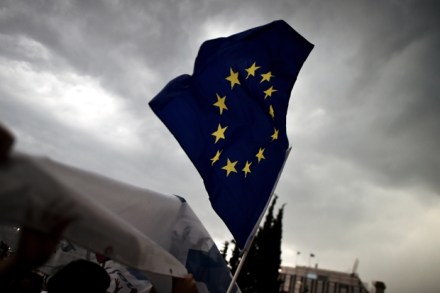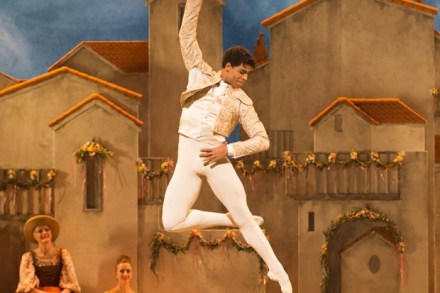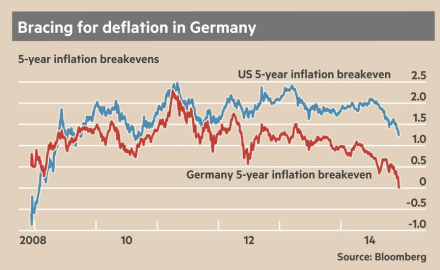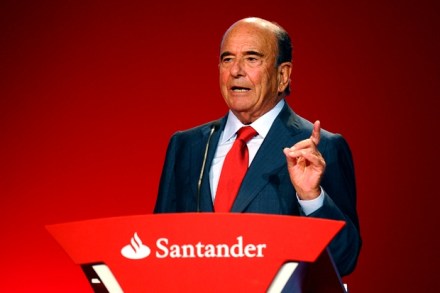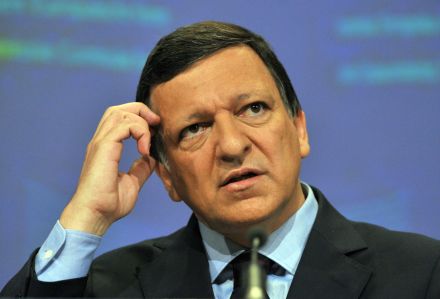Will Spain learn?
One of the unforeseen consequences of the reunification of Europe after the Cold War has been a resurgence of independence movements in western Europe. Emboldened by a greater sense of security and influenced by the rebirth of independent nations to the east, separatist parties have begun to challenge the boundaries of nation states which a quarter of a century ago we took for granted. Scotland’s near miss — a 45 per cent vote for ‘yes’ — inspired the leader of Spain’s Catalonia region, Artur Mas, to launch his own vote on secession. This week, forbidden by Madrid from calling a referendum, he called regional elections in which pro-independence parties formed






